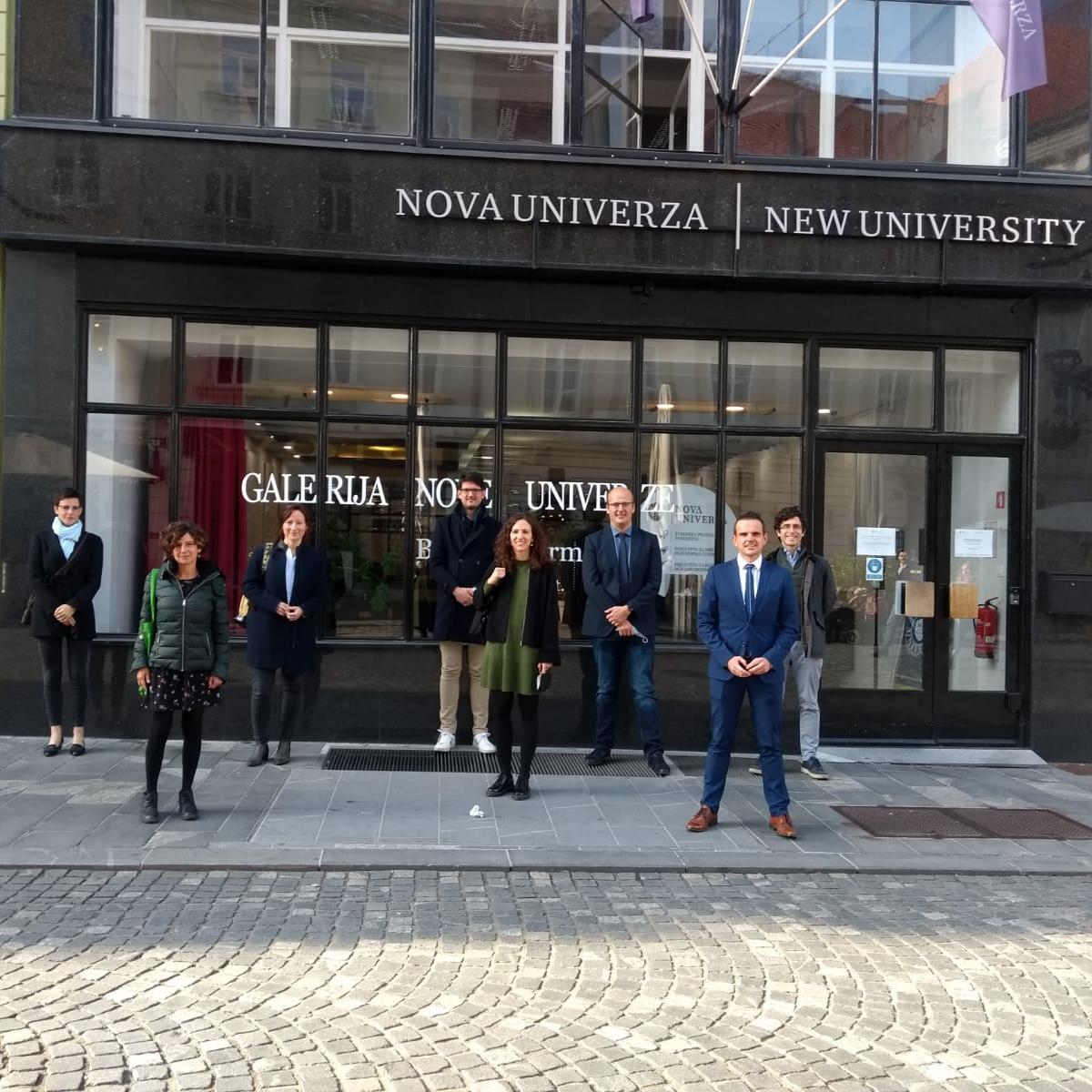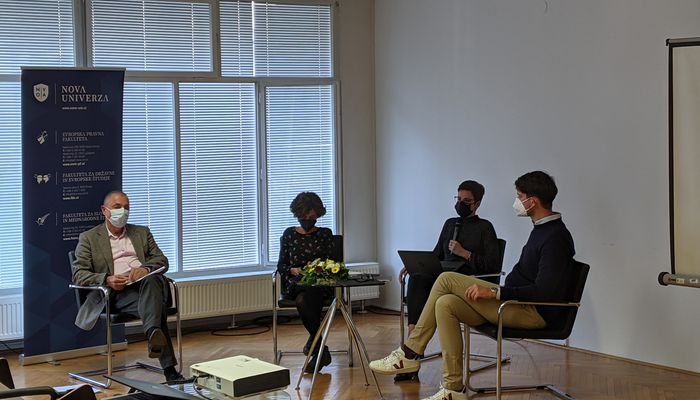In addition, there are other factors that potentially undermine academic freedom, linked to funding and the socio-political role of academics.
How can the institutions in question take action? How may academics work under such direct or indirect pressure?
We discussed these questions in three different panels for which we invited experts in this field to share their view on threats to academic freedom with us:
Academic Freedom under Pressure: Case Studies from Hungary, Slovenia and Turkey
Noémi Lévy-Aksu (Truth Justice Memory Center), Tímea Drinóczi (Federal University of Minas Gerais) and Peter Jambrek (New University) focused on concrete threats to academic freedom in everyday life in Turkey, Hungary and Slovenia and discussed the different methods that have been used to restrict academic freedom - from political control, the dismissal of academics, the suppression of certain disciplines to the monopoly of certain institutions
Academic Freedom in a Broader Context – Funding, Digitalization, Globalization Dynamics and Shifting Socio-Political Roles of Academics in Europe
The second panel of the seminar shed light on the structural challenges academics face nowadays. Anna-Lisa Ahlers (Max Planck Institute for the History of Science), Raffaela Kunz (Max Planck Institute for Comparative Public Law and International Law) and Georges Khalil (Forum Transregionale Studien) shared their views on Open Science, neoliberal tendencies in academia and the move away from purpose free research as well as the role of private actors who gain further power in the field of academic publications.
Developing Solutions and Creating Opportunities to Protect Academic Freedom in Europe
At our last panel Eva Seiwert (FAU Erlangen-Nürnberg), Balazs Trencsenyi (Central European University) and Joel Hanisek (Scholars at Risk Europe) discussed strategies how to cope with the threats to academic freedom in various regions. Carefully designed and contextualised approaches are vital to ensure effectiveness & avoid unintended consequences. The EU can be a key actor by providing funding independently from national decision making. Support for academics should not only focus on individual mobility but also on local commitment where academic freedom is threatened.
We would like to thank Matej Avbelj and the Team at New University for hosting this seminar as well as all the participants for sharing their views and expertise. We are looking forward to future cooperation on that topic.





